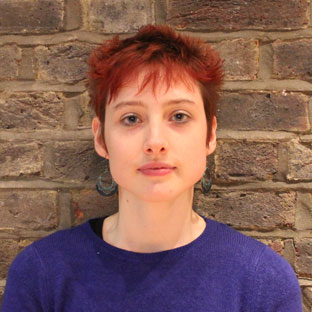It is nearing the end of another amazing action-packed #iwill week (a UK-wide celebration of the impact young people are making through youth social action), providing us with a timely opportunity to announce an exciting new programme of work in this area at the RSA. With thanks to the Pears Foundation, the RSA and RSA Academies will be working together for the next two years to investigate what good social action looks like at primary school level.
Research from the Jubilee Centre, finds that those who start volunteering before the age of ten are more than twice as likely to form a ‘habit of service’ (a commitment to continuing to volunteer) than if they start at 16-18 years of age. And yet, a Teacher Voice Omnibus survey carried out the NFER for the #iwill campaign shows that the majority of primary teachers either don’t know what social action is or have not thought about it.
High-quality social action is defined here as one that brings a double benefit. One of the #iwill quality principles captures the idea of double benefit succinctly:
Socially impactful: creating positive social change that is of benefit to the wider community as well as to the young people themselves.
The RSA’s recent research has identified that this ‘double benefit’ is particularly important for young people from socially disadvantaged backgrounds who may not have as many opportunities for personal development as their more advantaged peers. There is a clear need to develop a programme of work that brings the ‘double benefit’ of social action to primary schools working in areas of deprivation.
And, as the Jubilee Centre report highlights, once children and young people from less affluent backgrounds are involved in social action “they are just as likely to make a habit of service as any other young person”. Our work will take place in schools where a majority of students are on free school meals and the group of pupils we intend to target are those less likely to feel empowered, identify as creative or be exposed to social action opportunities – as the Teenagency report’s findings show, these pupils are the ones who would most benefit from this programme.
Our programme will first be developed and tested in four/five first schools (pupils aged 3-9) in Redditch, with one of our RSA schools, Abbeywood First School, taking the lead. It will take lessons learnt from the RSA Academies’ social action programme (RSA8 – now in its fifth year), which recruits 50 year 8 student leaders across our schools, who then plan and implement social action projects. Previous projects have included a mentoring programme that saw year 8 students mentoring year 7 students to help with the transition between primary and secondary and a poetry slam competition to promote oracy.
As with RSA8, this programme will centre on implementing social action projects but for whole year-group participation for year 4 pupils (RSA4), along with recruiting 40-50 pupil leaders across the participating schools for more intensive training on leadership skills such as problem-solving and communication. And to ensure this programme draws out important lessons to support and enable more primary schools to deliver high-quality social action, we are thrilled to have the Behavioural Insights Team as our independent evaluator. So, watch this space!
...
Roisin Ellison
Senior Coordinator, RSA Academies
Preparing for the World Beyond School Commitment
The RSA Academies prepare students for the world beyond school, enabling students at all stages of their schooling to develop a wide range of skills and knowledge so they can thrive in their continuing education, the world of work and in society.

Be the first to write a comment
Comments
Please login to post a comment or reply
Don't have an account? Click here to register.